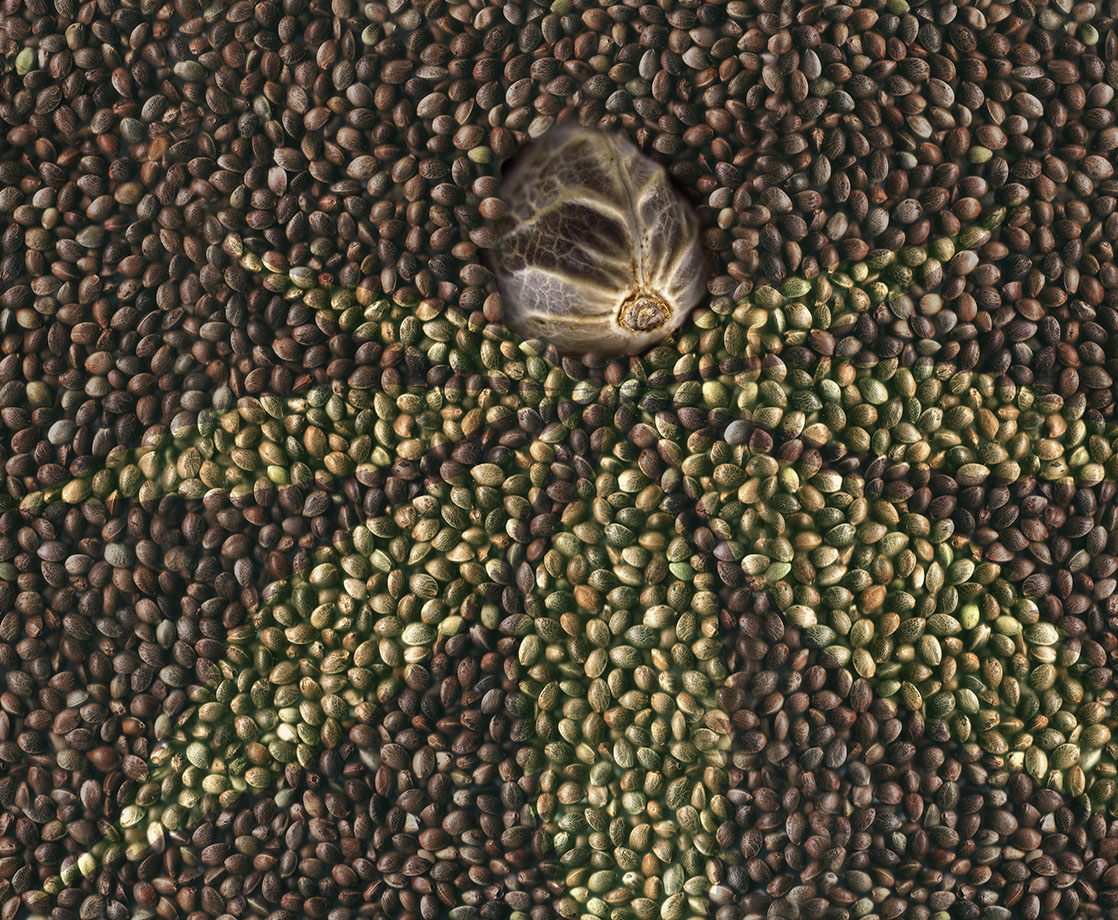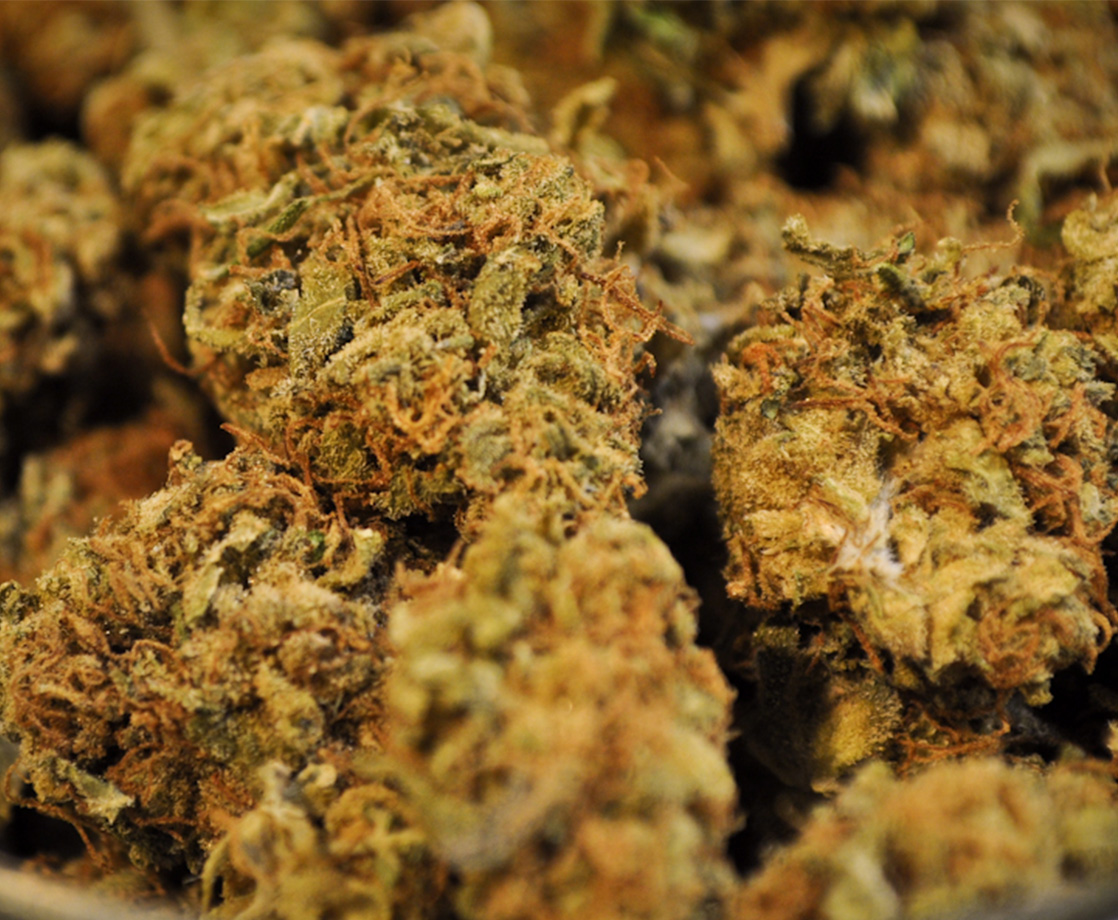If a handful of U.S. Senators have their way, a treasure trove of cannabis seeds could soon be on its way to the federal government.
According to a report from cannabis advocate and Forbes contributor Tom Angell, the Senate Appropriations Committee voted late last week to advance a funding plan for a national database of hemp genetics, hoping to house a stockpile of the controversial plant in the U.S. Department of Agriculture's (USDA) Plant Genetics Research Unit in Columbia, Missouri.
Approved in a unanimous vote as part of the USDA's 2019 fiscal budget, the legislative committee requested $500,000 to fund the strategic hemp reserve, citing the plant's growing popularity and decades of prohibition-fueled biological ignorance.
"The Committee recognizes the increasing demand for industrial hemp for a variety of uses, and its growing importance as a crop for U.S. farmers," the legislation's funding report reads, according to Forbes. "When the nation's industrial hemp germplasm was destroyed in the 1980s, researchers lost access to publicly available germplasm for plant breeding purposes."
Even though cannabis consumers can walk into dispensaries in a handful of legal weed states and find a rotating cast of strain names that may suggest a set of plant-level genetic standards, federal prohibition has largely prevented any true scientific approach to classifying marijuana. And just like a batch of Kosher Kush flower from Humboldt could have you feeling pain free and couch locked for hours, a different variety of the same strain grown in an Idaho basement could leave you with nothing more than a headache. The same can be said for varieties of hemp, with agricultural experts now trying to isolate the specific crops that will produce bountiful amounts of CBD or huge stalks best for making textiles.
With more knowledge about the plant itself, agriculture experts argue that a strategic seed bank would help bring hemp cultivation further into mainstream farming society, where crops are grown not as a trial or experiment, but as an economic investment.
"The scarcity of high quality hemp seed is a roadblock to the development of an American hemp industry," Eric Steenstra, president of the advocacy group Vote Hemp, told Forbes. "We are extremely pleased that Congress is providing funding to ensure that the USDA will once again collect and store hemp germplasm and make it available to American farmers and researchers."
Since 2014, a number of states have welcomed legal hemp cultivation under federally-sanctioned, university-lead pilot research programs. And with medical and adult-use cannabis legalization popularizing CBD products around the country, industrial hemp-derived CBD has become increasingly available over the past few years.
Additionally, with hemp's myriad of uses in medicine, manufacturing, construction, and more, Senate Majority Leader Mitch McConnell introduced legislation last month that would legalize hemp cultivation outright, hopefully separating the feds' classification of the non-psychoactive plant from its THC-rich relative.
Follow Zach Harris on Twitter











